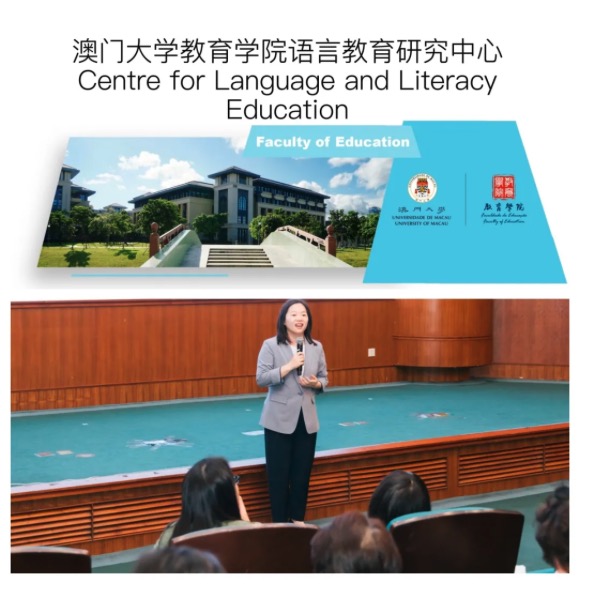ICI Daxia Forum║Professor Zhang Dongbo from the University of Macau shared "From Language Proficiency to Subject Literacy: Exploration of Language Education Across Curriculum"
2025-06-10
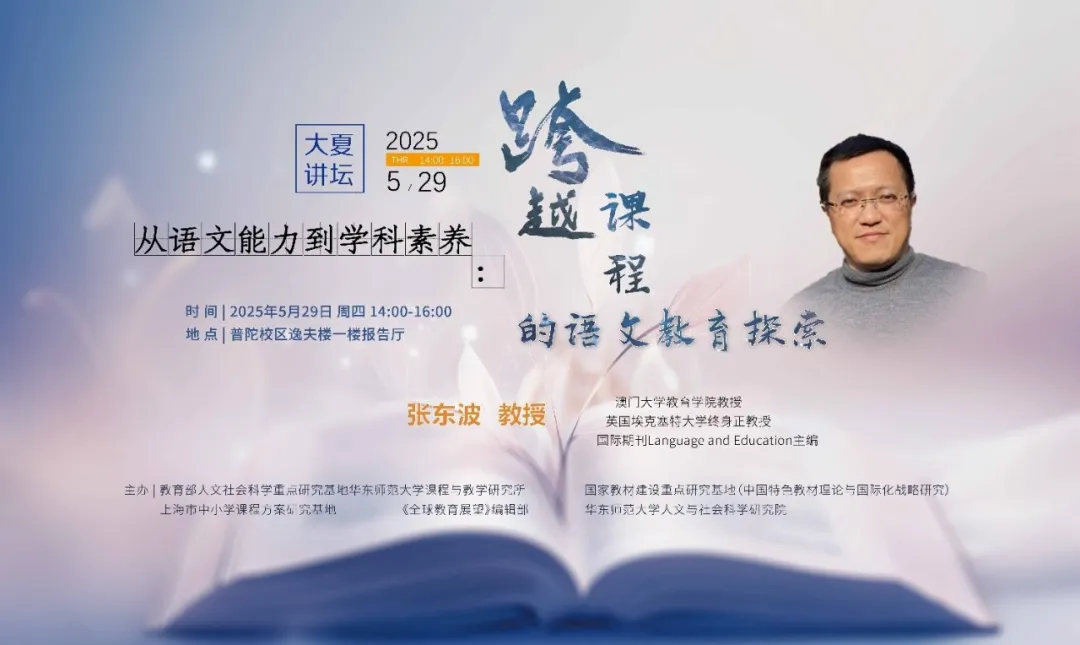
On the afternoon of May 29, Professor Zhang Dongbo, Editor-in-Chief of the international journal Language and Education and Faculty of Education of the University of Macau, was a guest speaker at the 239th Daxia Forum, sharing an academic report entitled "From Language Proficiency to Subject Literacy: Exploration of Language Education Across Curriculum".
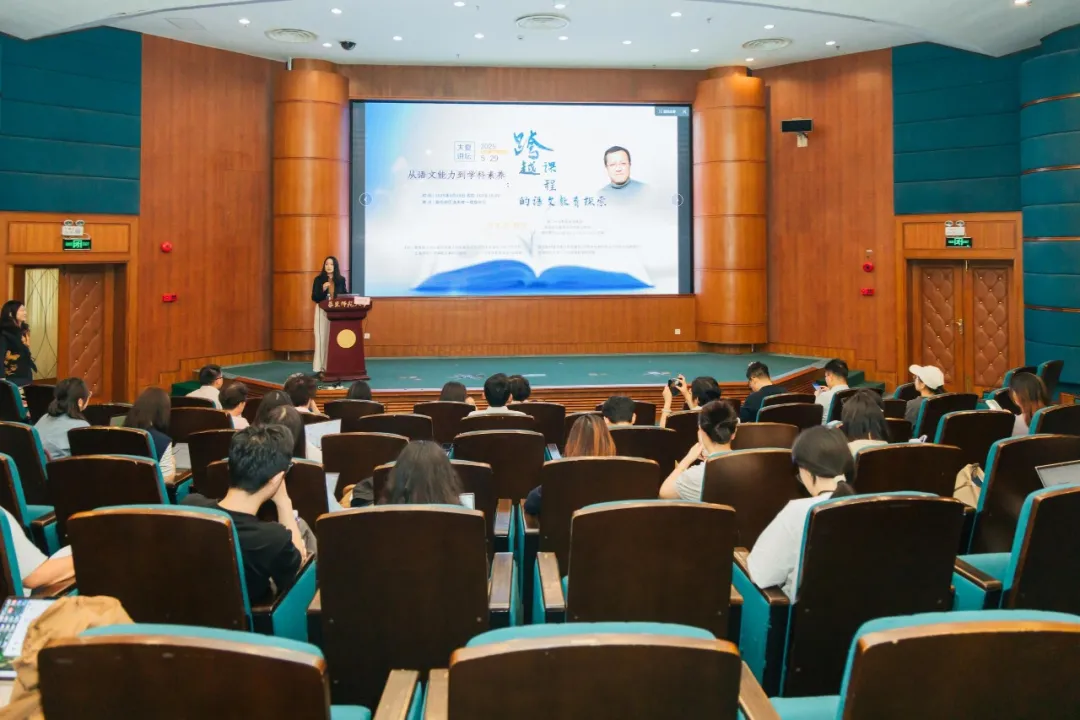
This Daxia Forum was hosted by Associate Professor Shi Yuchen, Director Assistant of the Institute of Curriculum and Instruction of East China Normal University, and attended by teachers such as Chen Shuangye, Cui Yunhuo, Dong Beifei, Liu Junyan, Yang Chengyu, Zhou Wenye, Zheng Xin, and many educators.

Professor Zhang Dongbo is currently a professor at the Faculty of Education of the University of Macau. He has worked in Singapore, the United States and the United Kingdom for nearly 20 years. His most recent work experience was as a tenured professor at the University of Exeter in the United Kingdom. He is the editor-in-chief of the famous international journal Language and Education (SSCI source zone 1 journal), which is dedicated to promoting the development of the field of language and education.
His research focuses on cross-language research, language education and language teacher education. He innovatively uses linguistics and applied linguistics methods to study, understand and promote the development of language education. His research mainly involves topics such as language teacher training, language learning, transnational teachers and international education.
Report Overview
Based on his academic and professional experience in multicultural contexts such as Shanghai, Singapore, the United States, the United Kingdom and Macau, China, Professor Zhang Dongbo systematically sorted out the differences in the interpretation of the concept of literacy in different social and cultural contexts and its historical evolution.
He analyzed the traditional definition system centered on competence and its extended development, and deeply explored the literacy-oriented concept expansion for modern educational needs. In combination with PISA's authoritative definition of reading literacy, he professionally interpreted the theoretical connotation and core elements of disciplinary literacy.
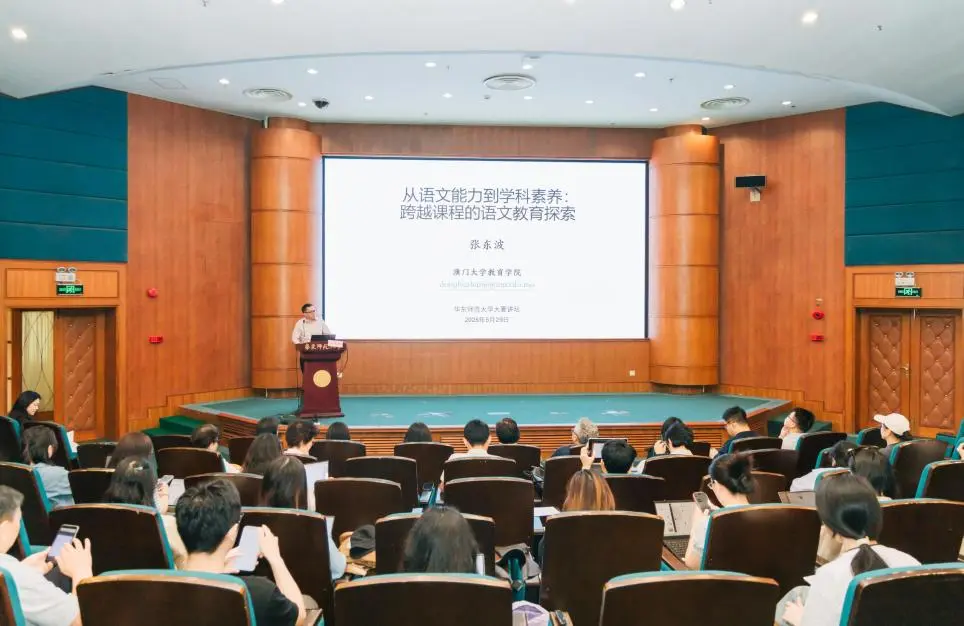
Based on the theoretical framework of systemic functional linguistics, Professor Zhang Dongbo, in the academic debate on the concept of "big language" education, deeply explained the internal connection and academic distinction of the three key concepts of situation, context and register. Through meticulous theoretical analysis, the professor focused on the dialectical relationship between the special language variant of "school language" and the academic register.
He pointed out that in the field of educational practice, "school language" presents distinct academic domain characteristics: Upon the text level, textbook reading, test answering, experimental report and academic paper writing, academic poster making and other written expressions, and, from the dimension of discourse practice, classroom teaching interaction, group collaborative discussion, academic presentation and other oral communication are all imbued with the characteristics of academic domain. This linguistic phenomenon is the important intersection of the cultivation of Chinese core literacy and the development of other subject literacy (especially the cultivation of subject reading and writing ability).
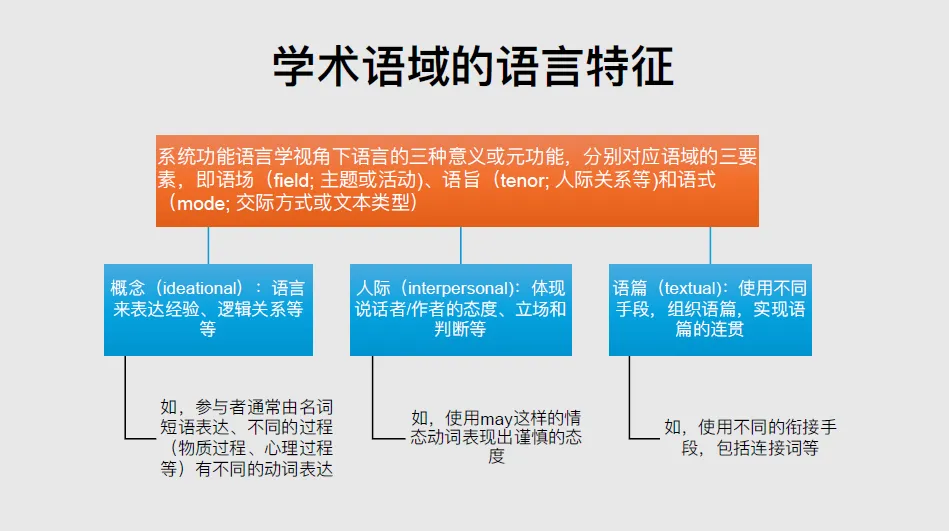
Professor Zhang Dongbo further used scientific texts in physics, biology and other subject textbooks as empirical cases, and revealed the differences in language characteristics between non-academic texts and academic texts through comparative analysis. Professor Zhang innovatively proposed that reading and writing ability in the context of contemporary education has surpassed the scope of traditional language ability, and is essentially an interdisciplinary cognitive practice ability. This ability is not only deeply embedded in the knowledge construction process of various disciplines, but also an indispensable component in the development of subject core literacy, playing an important role in knowledge acquisition, thinking training and ability cultivation.
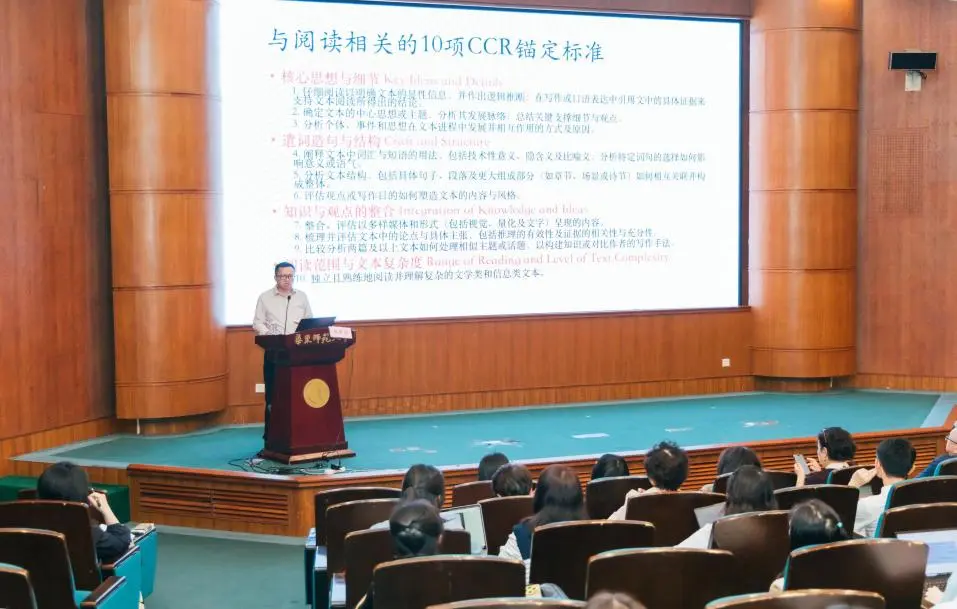
Finally, Professor Zhang Dongbo combined Australia, the United States, the United Kingdom and other countries, especially the Common Core State Standards and the Next Generation Science Standards, to explore how to cultivate interdisciplinary/curricular literacy skills to achieve the connection between Chinese language and other subject courses in reading and writing. On this basis, Professor Zhang critically reflected on the dual characteristics of "instrumentality" and "humanity" in my country's Chinese language curriculum standards and put forward evidence-based improvement suggestions. This study provides important theoretical references and practical inspirations for understanding curriculum integration under the guidance of core literacy.
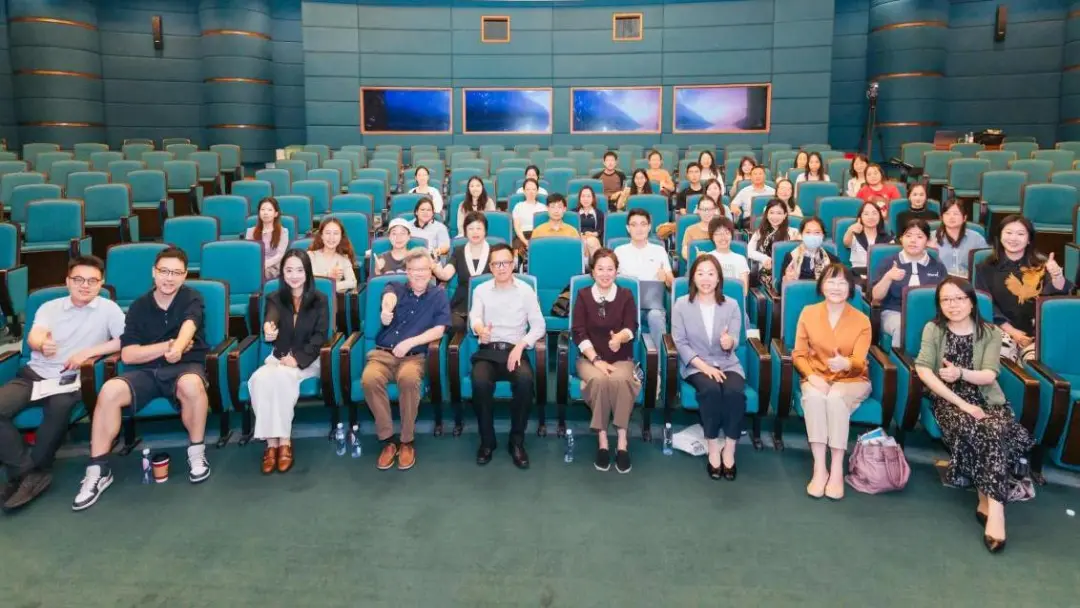
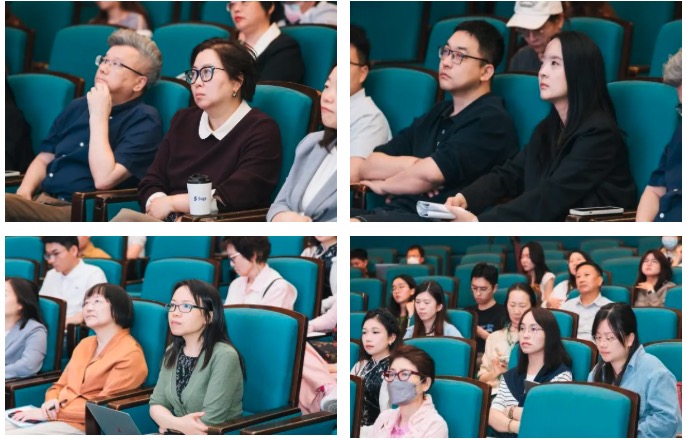
In the interactive exchange session, the host, Associate Professor Shi Yuchen, conducted a systematic academic review of Professor Zhang Dongbo's report around the five keywords of "Chinese language education", "interdisciplinary", "textbook analysis", "curriculum standards" and "scientific education". Subsequently, Professor Chen Shuangye, Professor Cui Yunhuo, Professor Dong Beifei and others had in-depth exchanges with Professor Zhang Dongbo on the research prospects of Chinese language textbook compilation, reading learning, and systemic functional linguistics in the field of Chinese language education. Professor Zhang Dongbo used empirical research and theoretical frameworks to give a theoretical response to the above academic concerns.
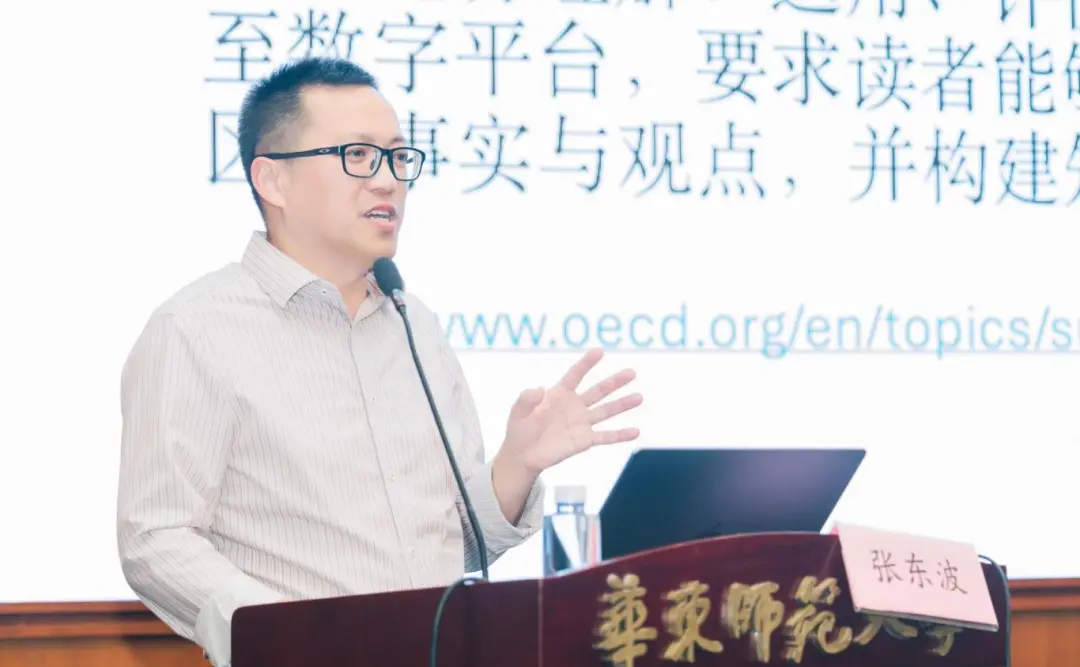
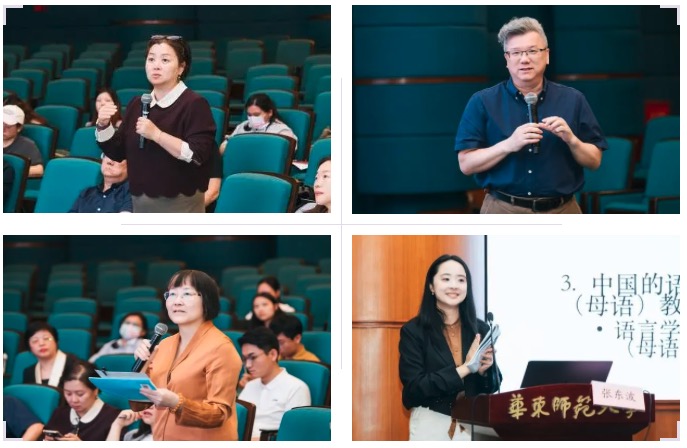
Professor Zhou Wenye, Director of the Department of Curriculum and Instruction, pointed out in her closing remarks that this Daxia Forum achieved a two-way dialogue between theoretical research and practical exploration, and based on the perspective of academic community construction, proposed a vision for future exchanges and cooperation in the fields of curriculum development, teaching material research, and teacher professional development. This academic event ended successfully in a constructive discussion atmosphere.
